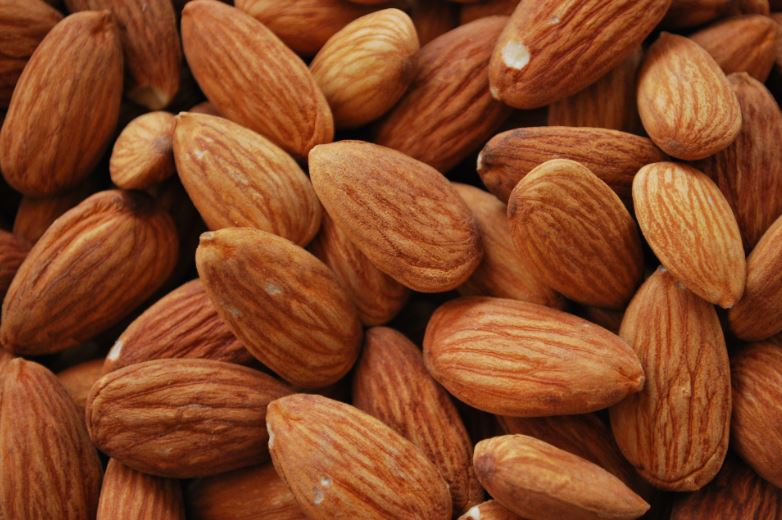
The role of livestock in a sustainable food system versus a pressing need to reduce overall meat intake was one of the most hotly-debated topics at the recent Oxford Real Farming Conference.
The conference, which took place on 3-4 January, came as the annual Veganuary campaign geared up and amid a raft of new vegan ranges at major supermarkets and chains. Recent headlines include the launch by fast-food chain Greggs of a new vegan sausage role, while today environmentalist Chris Packham appeared on ITV’s Good Morning Britain, co-hosted by anti-vegan Piers Morgan along with Susanna Reid, to discuss his experience of Veganuary.
The panel at ORFC included speakers from both sides of the debate. Author and former farmer, Simon Fairlie, said: “I am completely in favour of eating less meat but don’t see the value in avoiding it completely. A lightweight meat diet actually uses less land than a vegan diet.”
Long-term vegan and Labour MP, Kerry McCarthy, said: “I don’t believe everyone should go vegan but I just think that we need a significant reduction in our meat intake if we’re going to meet our climate goals.”
Rewilding pioneer and writer Isabella Tree made the case for free-ranging livestock as a crucial part of a rotation that improves soil health. She said: “One of the biggest problems we face today is soil degradation – dung returns nutrients to the soil. Rewilding doubled the soil carbon in our land by introducing free-ranging herbivores. Naturally-growing livestock are a vital part of the food system.”
Another issue raised was the ethics of vegans who avoid animal products but accept food such as almonds, which in some systems require billions of bees to be distributed across orchards. Vegan Maresa Bossano, who runs the UK’s Community Supported Agriculture (CSA) network, said it’s a problem with industrial farming, not veganism. “They are problems with the industrial farming system, vegans need to move away from that,” she said.
Responding to a question on the sustainability of processed vegan products that offer almost like-for-like meat and fish alternatives, Bossano said: “Vegans don’t exist on soya and wheat, we want to eat more pulses and nuts, grown in Britain.”
McCarthy, who has previously served as shadow Defra minister, highlighted the need for common ground among those interested in sustainable food. She said: “We should be looking for the common ground rather than being at loggerheads with each other. I am tired of dealing with the ‘vegan police’. I think it would help the debate if people understood more and sneered a bit less.”















Regarding almonds or other naturally vegan foods causing the death of bees this is a farming issue not a vegan one. Regarding the false statement that still eating animal products but less animal products including their dead bodies is less damaging to the environment is ridiculous:. Each year, 13 billion hectares of forest area are lost due to land conversion for agricultural uses as pastures or cropland, for both food and livestock feed crop production. This has detrimental effects on regional water availability, soil fertility, biodiversity and climate change. There are so many arguments in favour of veganism and no coherent ones for eating animals or their secretions. The only argument for this is that you like the taste. Not a good enough argument to cause suffering and death on an absolutely astonishing scale. The reason vegans go vegan is to stop deliberately abusing and using other sentient beings.